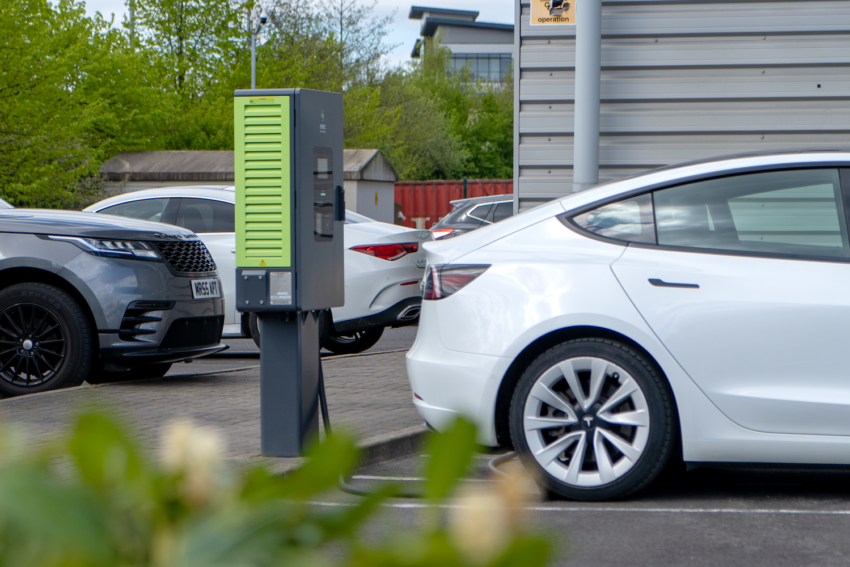Why more innovation is needed from EV charger manufacturers and suppliers
Tom Bloor, managing director of charging specialist evec, believes the industry needs to work smarter to make sure it provides the best access and value possible.
More than 130,000 EVs have been sold in the UK, in the past year, up almost ten per cent on the previous 12 months. That’s amazing. But there is still so much more to do, if we want EVs to be the first choice for British families and businesses. A lot of responsibility rests on the shoulders of the companies that are making, supplying and installing EV chargers. We need more innovation – not just around technology but pricing and ways to integrate charging to people’s daily lives, too.
There are now around 63,000 public chargers. Numbers have been rising and we may reach 100,000 by 2025. However, we are still way short of the government’s target of 300,000 by 2030 and creating a national charging infrastructure that drivers can afford to use and rely on, when on longer journeys. Fast-charging DC charging stations generally cost £30,000 upwards to buy and install. That’s out of the reach of most smaller town centres, garages and office buildings. Public charging stations also charge up to 79p per kWh or more versus 10p/kWh or less for private ones. EV charger companies need to find ways of upping or maintaining charging speeds, whilst reducing prices. Do we always have to rely on 300kW chargers in locations such as university campuses, villages or rural service stations? Our new DC 40kW vecBOLT can increase the power in a car by 80% in as little as an hour.
There are still massive hurdles around charging access and security for consumers who don’t have driveways. EV charger companies need to work with local authorities to find imaginative ways to provide public-charging points. Innovation here means working out how public chargers can most benefit drivers, charger firms and local shops, restaurants and the like who may benefit from people frequenting them, while their cars power up. Cable gully charge points, such as Kerbo, have tremendous potential that needs to be realised. Many chargers use apps that allow only the EV owner to start and stop charging, but what features can be added to these to increase security and alert consumers about misuse?
Too many domestic chargers still cost over £1,000, including installation. For a small family who only makes short trips to work or school, that’s very off-putting. Rather than developing flashy displays or designs, firms need to look at how to make chargers as functional and day-to-day as other domestic electricity sources. We shouldn’t have a race to make chargers over-clever, and they certainly shouldn’t be hard to operate for anyone who isn’t tech savvy. They need to be simple-to-use, while as effective as possible. It also needs to be easier for EV chargers to integrate with consumers’ solar panels, including having a solar-only function. This shouldn’t be a pricey added extra.
At evec, we are hoping to launch vehicle-to-grid options with chargers, in 2025, that will enable users to import energy when it is cheapest and get paid to export surplus energy to the grid. Charger companies must work with electricity suppliers to find new ways that 3.7kW or 7.4kW domestic chargers and larger commercial ones can tap into the lowest-tariff power. Ideas that give people and companies an incentive to go electric from a cost and sustainability perspective grow increasingly vital to sector growth.
The EV charger sector has the potential to make a bigger difference to UK sustainability than almost any other. If spend our time thinking how to make EVs the everyday norm for drivers, not a novelty, we can achieve this.






